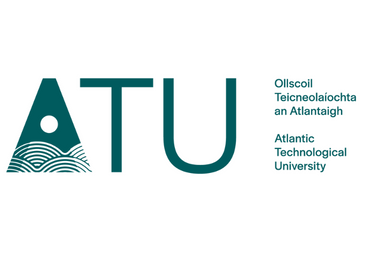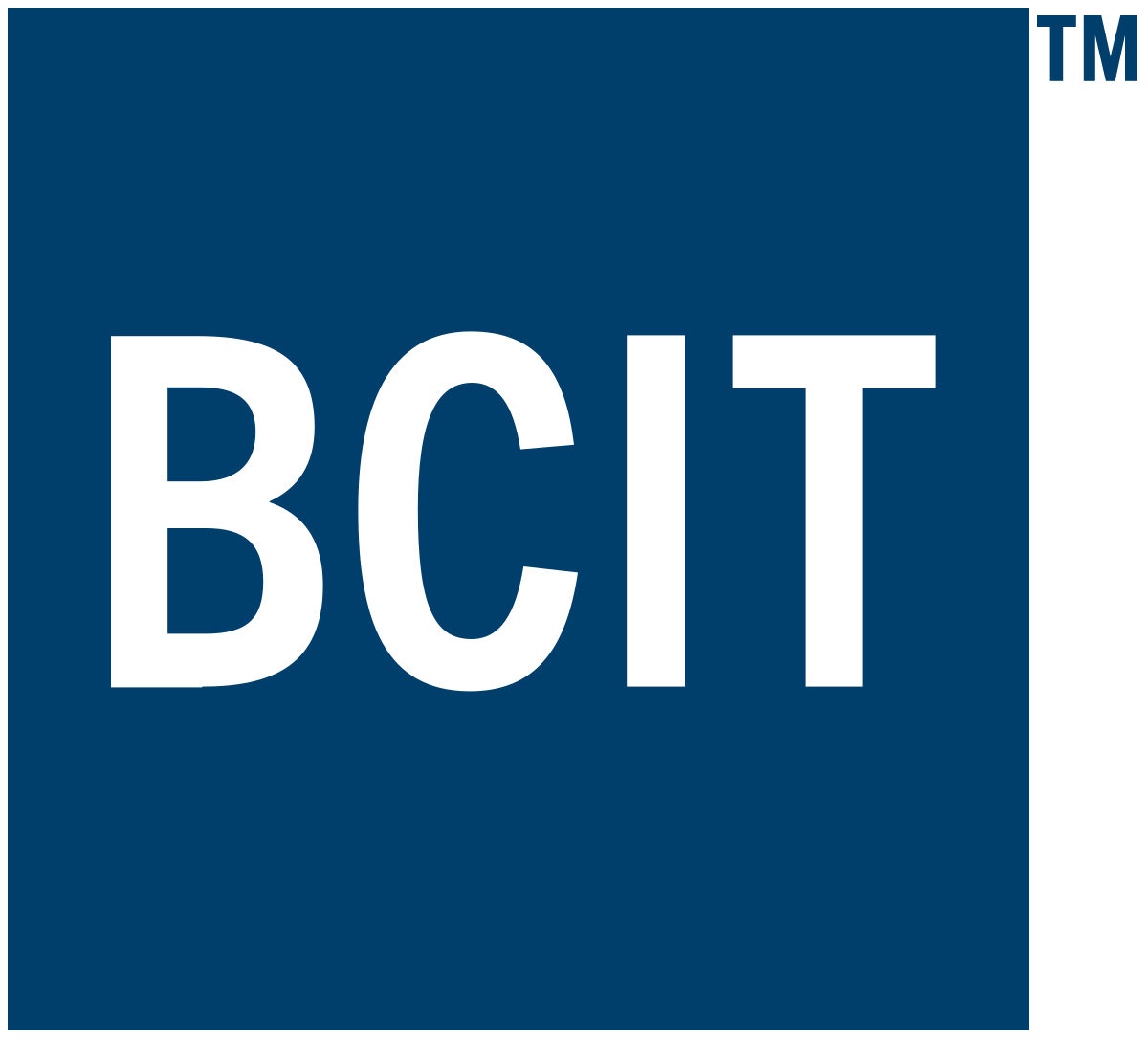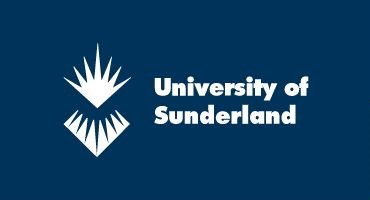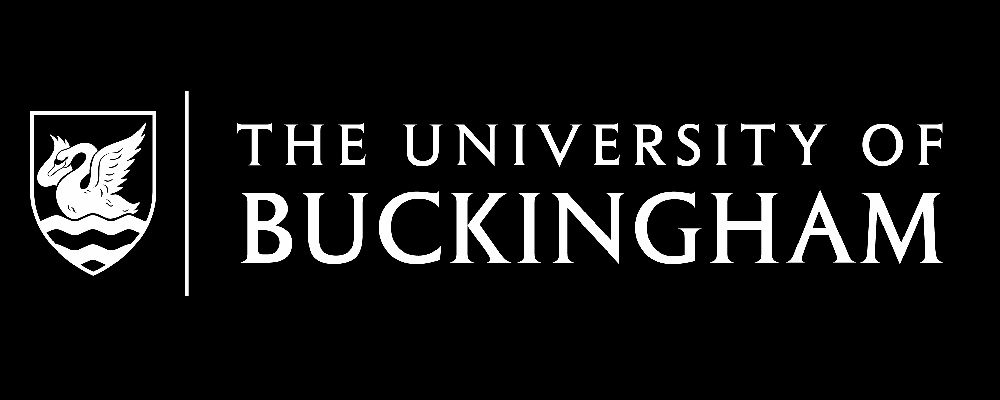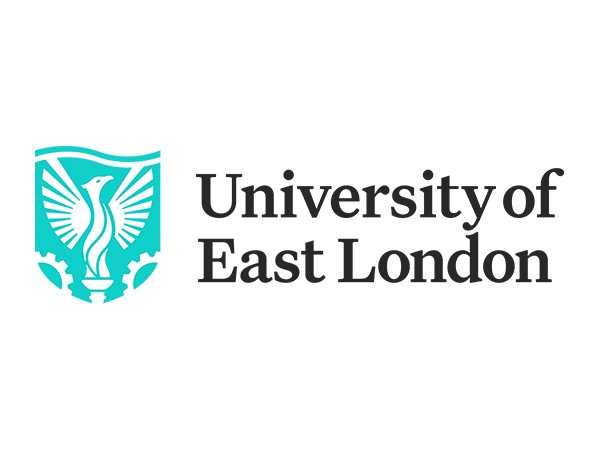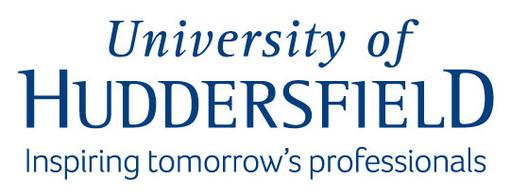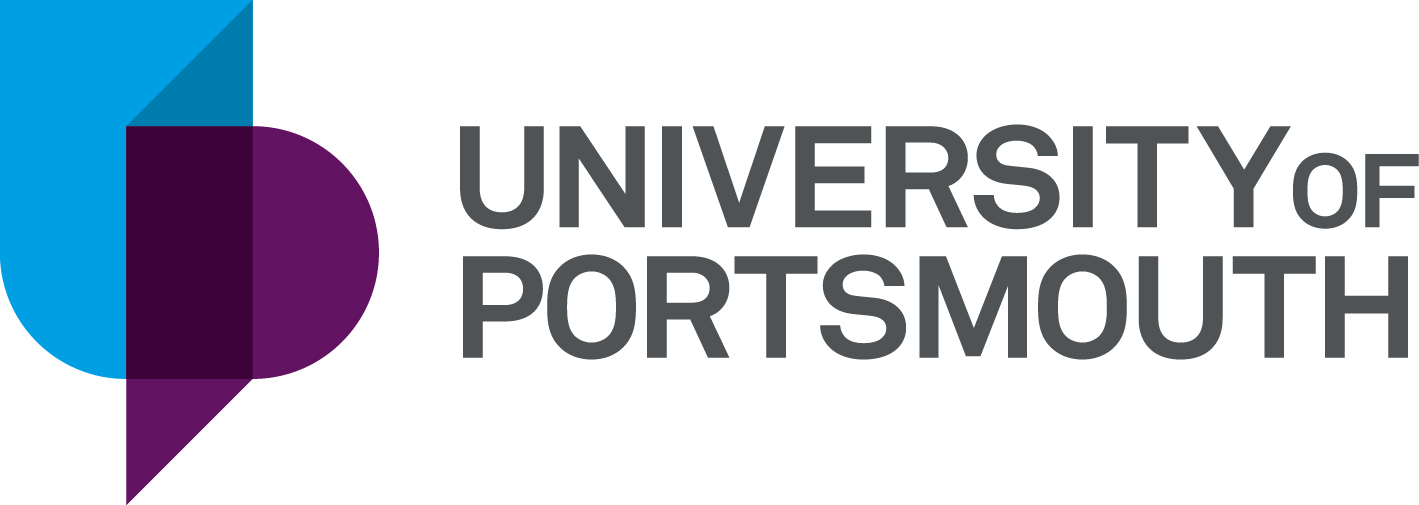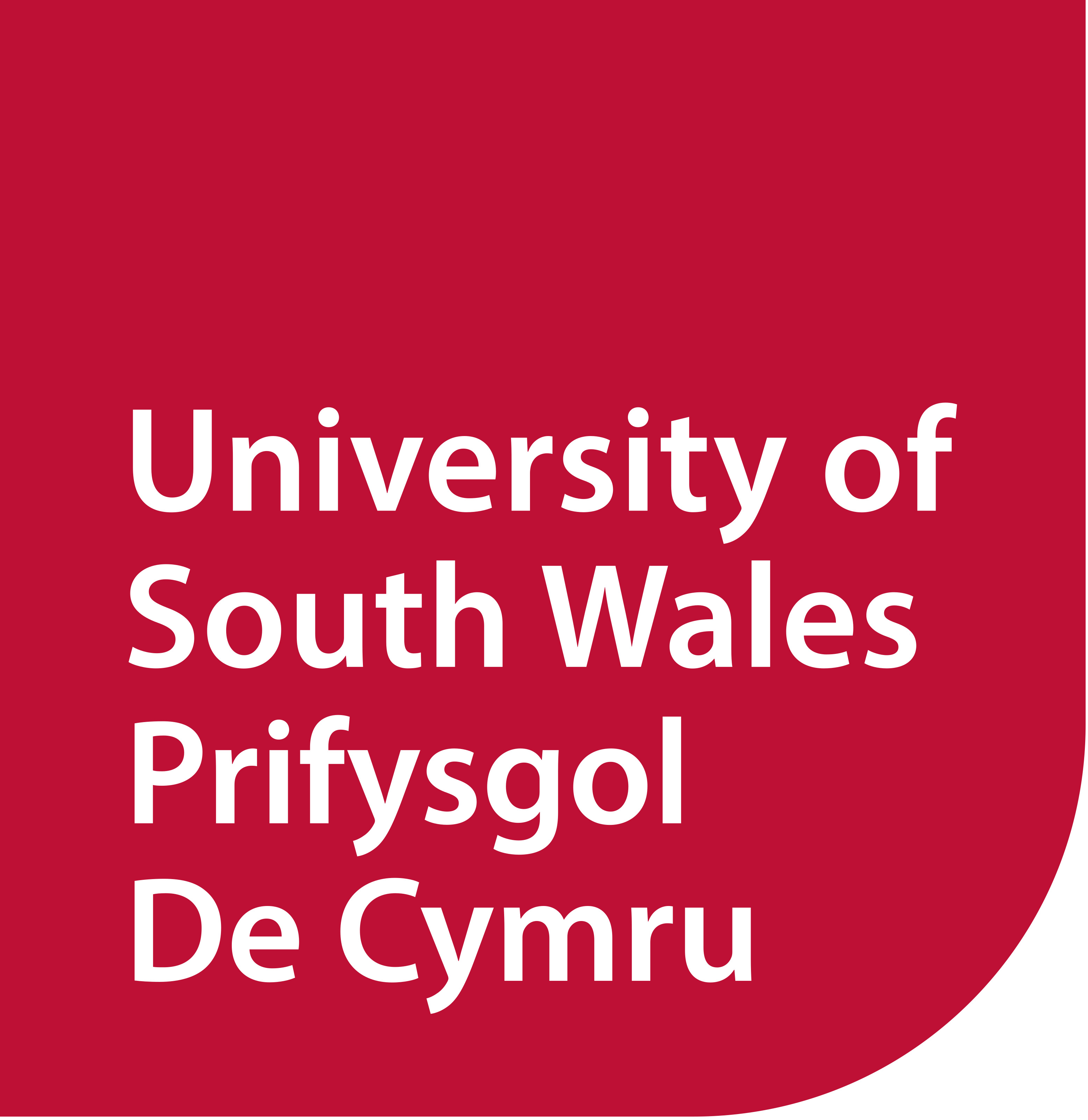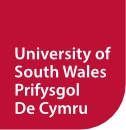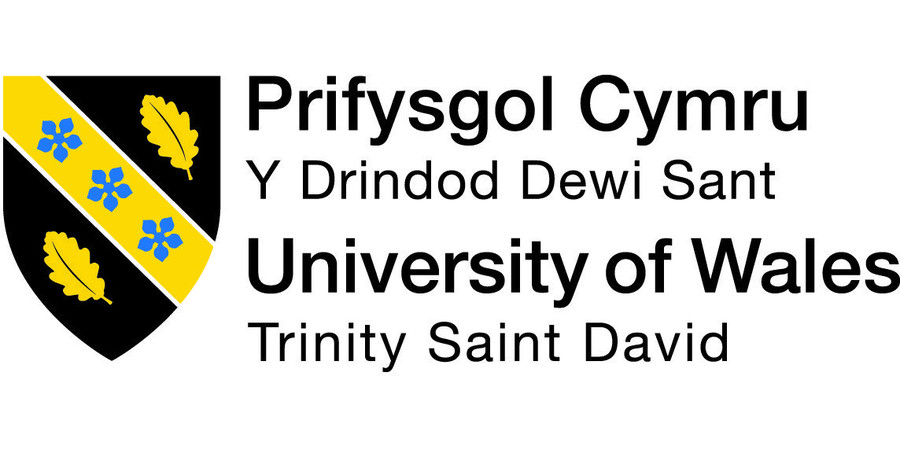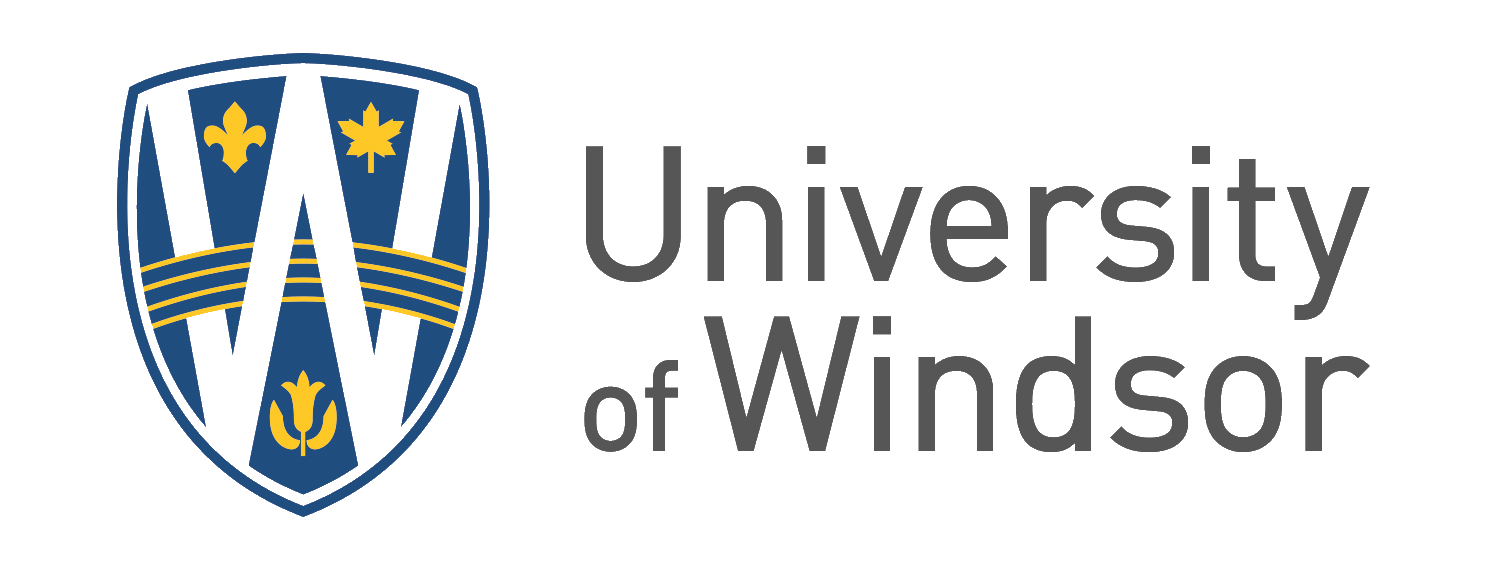Applied Computing
Embark on a Future in Technology with Applied Computing
For Indian students aspiring to build a career in the rapidly evolving world of technology, studying Applied Computing abroad offers an unparalleled opportunity. This dynamic field combines theoretical computer science with practical applications, preparing you to solve real-world problems in areas like software development, data analysis, cybersecurity, and artificial intelligence. With India's booming IT sector and global demand for skilled professionals, a degree in Applied Computing from a top international university can open doors to high-paying jobs both abroad and back home.
Whether you're from Mumbai, Delhi, or Bangalore, pursuing this course abroad equips you with cutting-edge skills, international exposure, and a competitive edge in the job market. Programs are designed to be hands-on, blending classroom learning with industry projects, internships, and collaborations with tech giants like Google, Microsoft, and IBM.
Course Overview
Applied Computing programs typically span 3-4 years for undergraduate degrees (BSc or BEng) and 1-2 years for postgraduate degrees (MSc or MEng). These courses emphasize practical implementation over pure theory, making them ideal for students who want to apply computing concepts immediately.
- Duration: Undergraduate: 3-4 years; Postgraduate: 1-2 years
- Entry Levels: Bachelor's requires 10+2 with strong marks in Math and Physics; Master's needs a relevant bachelor's degree with 60%+ aggregate
- Mode of Study: Full-time on-campus, with options for online modules or sandwich years (paid internships)
- Tuition Fees (Approximate): Undergraduate: INR 15-25 lakhs per year; Postgraduate: INR 20-30 lakhs per year (varies by country)
Many programs offer flexible pathways, including foundation years for students needing to bridge academic gaps, which is particularly helpful for Indian students transitioning from CBSE or state boards.
Curriculum and Key Modules
The curriculum in Applied Computing is structured to build foundational knowledge before diving into advanced applications. You'll learn programming languages like Python, Java, and C++, alongside tools for web development, mobile apps, and cloud computing.
Core Modules (Undergraduate Level)
| Module | Description |
|---|---|
| Introduction to Programming | Basics of algorithms, data structures, and problem-solving using Python. |
| Software Engineering | Design, development, and testing of software systems, including agile methodologies. |
| Database Systems | Managing data with SQL, NoSQL, and big data tools like Hadoop. |
| Web and Mobile Development | Building responsive websites and apps using HTML, CSS, JavaScript, and frameworks like React Native. |
| Computer Networks | Understanding protocols, cybersecurity basics, and IoT applications. |
Advanced Modules (Postgraduate Level)
- Artificial Intelligence and Machine Learning: Neural networks, predictive modeling, and ethical AI—crucial for India's AI-driven economy.
- Cybersecurity: Threat detection, encryption, and compliance with global standards like GDPR.
- Cloud Computing: AWS, Azure, and DevOps practices for scalable applications.
- Data Science: Analytics, visualization with R and Tableau, and real-world case studies from industries like finance and healthcare.
- Project Management: Leading tech teams, using tools like Jira and Scrum.
Most programs include a capstone project or dissertation where you collaborate on industry-sponsored initiatives, such as developing apps for sustainable development—aligning with India's focus on digital India and smart cities.
Skills You'll Gain
Studying Applied Computing abroad hones a mix of technical and soft skills, making you versatile for the global workforce.
- Technical Proficiency: Coding, debugging, and deploying software solutions efficiently.
- Analytical Thinking: Breaking down complex problems, data interpretation, and innovative solutions.
- Team Collaboration: Working in diverse international teams, enhancing communication for multicultural environments.
- Ethical Computing: Understanding privacy, bias in AI, and sustainable tech practices.
- Industry Readiness: Through internships, you'll gain hands-on experience, often leading to job offers.
These skills are highly transferable; for instance, Indian graduates often return to roles at TCS, Infosys, or startups in Bengaluru's Silicon Valley.
Career Prospects
The demand for Applied Computing graduates is skyrocketing, with the global tech market projected to reach $5 trillion by 2025. In India, the IT industry employs over 4 million people, and international degrees boost employability by 30-40%.
Top Job Roles:
- Software Developer/Engineer: Average salary INR 8-15 lakhs (entry-level in India); $70,000+ abroad
- Data Analyst/Scientist: INR 10-20 lakhs; high demand in e-commerce like Flipkart
- Cybersecurity Specialist: INR 12-25 lakhs; critical for banking sectors like HDFC
- AI/ML Engineer: INR 15-30 lakhs; booming with initiatives like Make in India
- DevOps Engineer: INR 10-18 lakhs; focused on cloud services for global firms
Post-study work visas in countries like Canada (up to 3 years) or Australia (2-4 years) allow you to gain experience before returning or staying abroad. Many alumni secure H-1B visas in the US or Skilled Worker visas in the UK, leading to permanent residency pathways.
Top Universities Offering Applied Computing
Choose from renowned institutions known for their tech programs and strong industry ties.
| Country | University | QS Ranking (2023) | Highlights for Indian Students |
|---|---|---|---|
| USA | MIT (Massachusetts Institute of Technology) | 1 | World-class labs, scholarships up to $50,000; strong alumni network in Silicon Valley. |
| UK | University of Edinburgh | 22 | 2-year post-study work visa; modules on AI ethics relevant to global standards. |
| Canada | University of Toronto | 34 | Co-op programs with paid internships; pathways to PR via Express Entry. |
| Australia | University of Melbourne | 41 | Focus on practical projects; post-study work up to 4 years for STEM fields. |
| UK | Imperial College London | 6 | Industry partnerships with tech firms; dedicated support for international applicants. |
These universities often have dedicated offices for Indian students, offering visa guidance, cultural integration events, and career fairs with recruiters from Indian MNCs.
Admission Requirements for Indian Students
Gaining admission is straightforward if you prepare early. Focus on academics, English proficiency, and a strong statement of purpose highlighting your passion for tech.
- Academic Qualifications: 10+2 with 75%+ in PCM for UG; Bachelor's with 60%+ for PG
- English Tests: IELTS (6.5+ overall) or TOEFL (90+); some accept Duolingo
- Standardized Tests: GRE optional for PG; SAT for UG in USA
- Documents: Transcripts, LORs (2-3), SOP, resume; portfolio for project-based courses
- Deadlines: UG: Jan-May; PG: Sep-Dec (apply 6-12 months in advance)
Indian students benefit from streamlined processes; for example, UK universities via UCAS or direct applications, and US via Common App.
Scholarships and Funding Options
Financial aid makes studying abroad accessible. Target scholarships that value merit and diversity.
- University-Specific: MIT's need-based aid covers up to 100% for eligible students; University of Toronto offers INR 5-10 lakhs merit scholarships.
- Government Scholarships: UK's Chevening (full funding for PG); Australia's Endeavour Awards (INR 20 lakhs+).
- Indian Government Schemes: National Overseas Scholarship for SC/ST students; Fulbright for USA (covers tuition and living costs).
- Private Funding: Inlaks Shivdasani Foundation (up to INR 10 lakhs); education loans from SBI or HDFC at low interest (7-10%).
Average living costs: INR 10-15 lakhs per year, including accommodation and food. Part-time jobs (20 hours/week) can offset expenses, earning INR 50,000-1 lakh monthly.
Why Study Applied Computing Abroad?
Beyond academics, studying abroad fosters independence and global networks. In the USA, you'll access Silicon Valley's innovation hub; in the UK, historic tech corridors like Cambridge; Canada offers multicultural safety and work-life balance; Australia emphasizes practical, industry-aligned learning.
For Indian students, it's a chance to experience diverse cultures while staying connected via apps like WhatsApp. Returnees often lead digital transformations in India's startups, contributing to the $1 trillion digital economy goal by 2025.
Ready to code your future? Explore applications today and step into a world of endless possibilities with Applied Computing.

